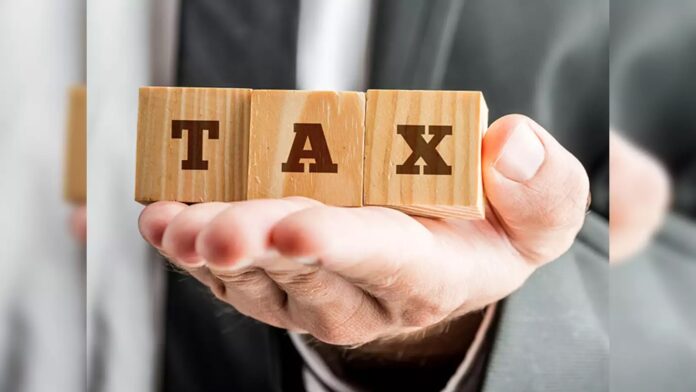India’s tax system has long been a source of frustration for many, particularly honest taxpayers who feel they are bearing an unfair burden. For example, a recent survey found that 60% of middle-class taxpayers believe they do not receive adequate benefits for the taxes they pay, highlighting widespread dissatisfaction. Middle-class taxpayers, in particular, face significant tax deductions from their income, yet often see little return in terms of public services or infrastructure improvements.
In contrast, countries like Canada and Germany provide robust healthcare, education, and social services in return for comparable tax rates, highlighting the disparity in public benefit for taxpayers. This has led to a growing perception of inequity, where those who dutifully comply with tax obligations do not receive comparable benefits.
The lack of basic amenities such as adequate healthcare, education, and efficient transportation further exacerbates these frustrations. Honest taxpayers contribute a significant portion of their income, yet find themselves grappling with the same systemic issues year after year. Meanwhile, tax relief remains limited, and the compliance process itself can be cumbersome, creating a sentiment that their contributions are being misused or poorly allocated. This perception is particularly fueled by reports of corruption or inefficiencies, which have sparked public discontent.
One of the key criticisms is related to tax exemptions granted to wealthier farmers. Initially introduced to support small-scale farmers, this exemption has ended up shielding affluent landowners and large agricultural enterprises from income tax under the guise of “agricultural income.” This policy, intended to uplift those genuinely in need, now often benefits commercial farming operations that generate substantial profits, while honest taxpayers shoulder a disproportionate load. The issue has led to increasing demands for tax reforms that would ensure fair contributions across sectors while continuing to protect small farmers who truly need support.
Adding to this perception of inequity are the numerous benefits provided to Members of Parliament (MPs) and Members of Legislative Assemblies (MLAs), such as tax-free allowances, multiple pensions, subsidized housing, toll-free travel, and other perks. These include tax-free allowances, multiple pensions, and various subsidies that enable a lifestyle far removed from the realities of the average taxpayer.
From toll-free travel to sending children abroad for education, these privileges—all funded by taxpayers—highlight a disparity that many find unacceptable. This sense of injustice has sparked calls for greater accountability and policy changes aimed at levelling the playing field, ensuring that those who benefit most from the system are also contributing their fair share.

